
What Exactly Is Science?
Science is the pursuit and application of knowledge and understanding of the natural and social world following a systematic methodology based on evidence. Scientific methodology includes the following: Objective observation: Measurement and data (possibly although not necessarily using mathematics as a tool) Evidence. -Google
The intellectual and practical activity encompassing the systematic study of the structure and behaviour of the physical and natural world through observation and experiment.
“the world of science and technology”-Oxford Dictionary
Science is a systematic enterprise that builds and organizes knowledge in the form of testable explanations and predictions about the universe -Wikipedia
Modern science is typically divided into three major branches: natural sciences (e.g., biology, chemistry, and physics), which study the physical world; the social sciences (e.g., economics, psychology, and sociology), which study individuals and societies; and the formal sciences (e.g., logic, mathematics, and theoretical computer science), which study formal systems, governed by axioms and rules. There is disagreement whether the formal sciences are science disciplines, because they do not rely on empirical evidence. Applied sciences are disciplines that use scientific knowledge for practical purposes, such as in engineering and medicine.
New knowledge in science is advanced by research from scientists who are motivated by curiosity about the world and a desire to solve problems. Contemporary scientific research is highly collaborative and is usually done by teams in academic and research institutions, government agencies, and companies. The practical impact of their work has led to the emergence of science policies that seek to influence the scientific enterprise by prioritizing the development of commercial products, armaments, health care, public infrastructure, and environmental protection. -Wikipedia
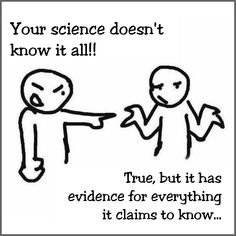
My Thoughts On Science
Am I OK that science doesn’t know something? Of course. Science is not a religion, it is not a belief system like religion is. Am I OK that science may change its mind and find out that something that was believed was incorrect and now the truth or more of the truth is known? Yes! It is refreshing that our understanding of how things work will not be stagnate but dynamic in the pursuit of truth and understanding. Unlike religious myth or stagnate dogma, ever evolving in our understanding of how things are. Science is just a methodology that us finite animals on this earth, Homo sapiens, use to learn how things work. It is not a substitute for religion, it is not to be worshiped, it is a methodology. Science is not a belief system. Science is not in competition with belief, with faith, or with religion.
In the United States we have seen the dumbing down of America. The shift away from education and critical thinking and decision making using logic and science has been sacrificed at the altar of the politics, conspiracy theories, or Christian Fundamentalism. We saw great examples of this with anti-vaxxers and conspiracists during the pandemic, influenced not by science and logic but by fear, selfishness and political persuasion.

10 Things About The Solar System Your Teachers Never Told You
Climate
Climate Change
I know there are different opinions among people, many shaped by politics, but scientists around the whole world agree (93-97%), and these are the EXPERTS. We should not ignore them, as our grandchildren might be the ones that bear the brunt of climate change.
Creationism
Dark Energy/Dark Matter (95% of Everything!)
Evolution
Fun Science Video
Futurology
Is Space Infinite?
James Webb Space Telescope
Multiverses
Do I believe in multiverses? As of this writing, half of cosmologists believe in multiverses and half do not. It is undecided whether or not multiverses actually exist. It is exciting to watch. The jury is out.
The James Webb Telescope allows us to see infrared light from the early universe ~ 13 billion years ago. It allows us to see many different galaxies. Each of those galaxies has hundreds of thousands of stars and many have planets and some are possibly Goldilocks planets meaning they had the same conditions as earth and therefore life MAY have developed on one of them too! Mathematically, this is quite possible due to the fact that there are so many planets.
Objective Truth
Science And Religion
Hasn’t science disproved the Bible?
Wise Words from the Anglican Church of Portsmouth, UK
“When Darwin published his book on the Origin of Species, some people claimed that his theory of evolution disproved the story of creation as it is found in the book of Genesis.
Certainly, until Darwin, many (though not all) Christian people assumed that the Genesis story was literally true. Though some Christians still believe this, most have recognized that Genesis was never intended to explain how the universe came to be, but rather why it exists.
That is the fundamental difference between scientific and religious knowledge. Science asks “How?”, religion asks “Why?”. In that sense, science can never ‘disprove’ religion or the Bible. Some scientists don’t happen to be believers. But some are Christians, and can see nothing about the science they study that conflicts with their Christian belief. For some, the amazing size of the universe, or the intricacy of each cell actually prompts them to believe that there must be a God behind the wonder of our world.
Science can explain many things, but it can never answer the deep human questions about the meaning of life that most of us want to ask.“
Quantum Entanglement
Quantum Mechanics
Quantum Supremacy
Spacetime
What Was Before The Big Bang?
Um…we don’t know what the first cause was and if it is an entity, what was the first cause for this entity?
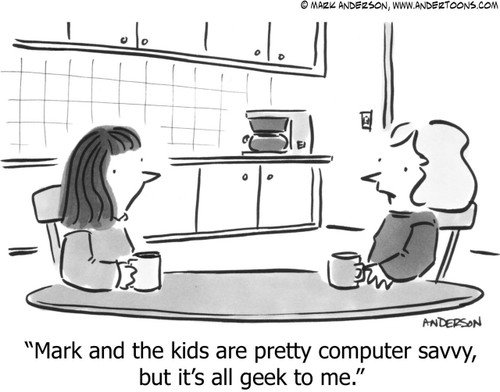


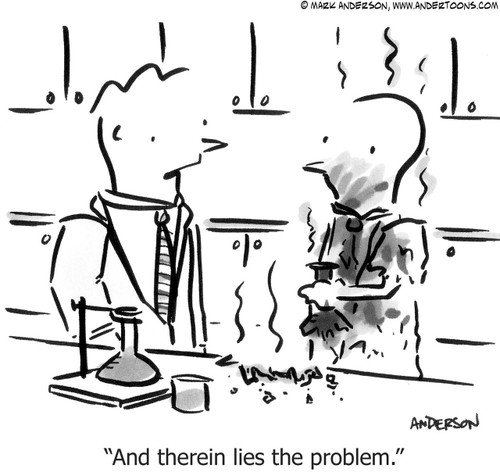
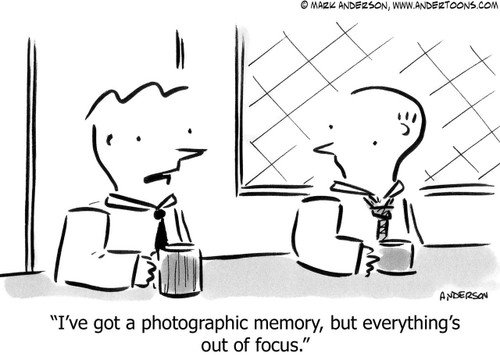
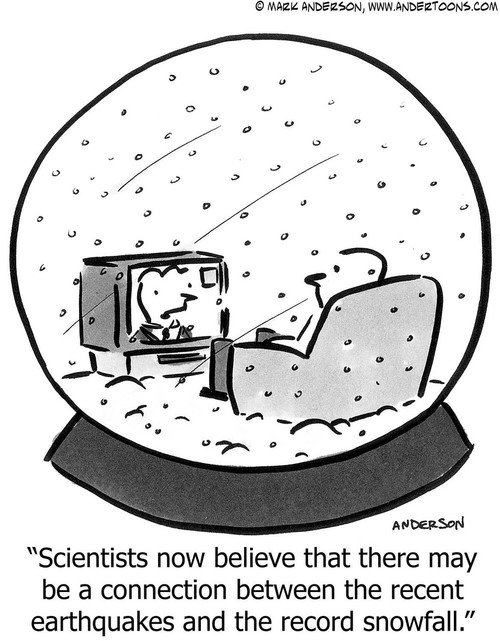
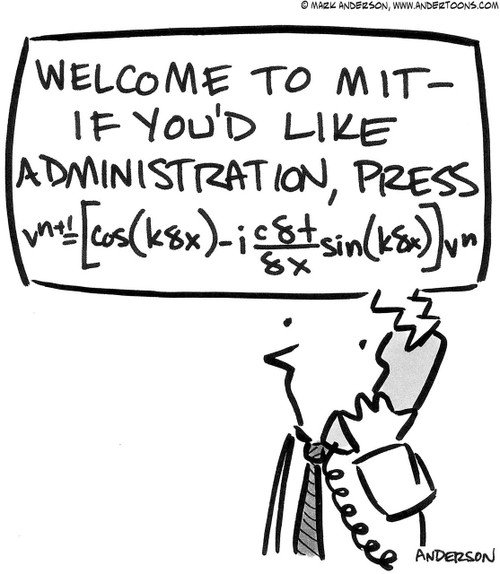


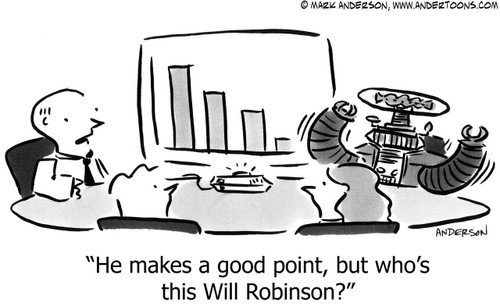



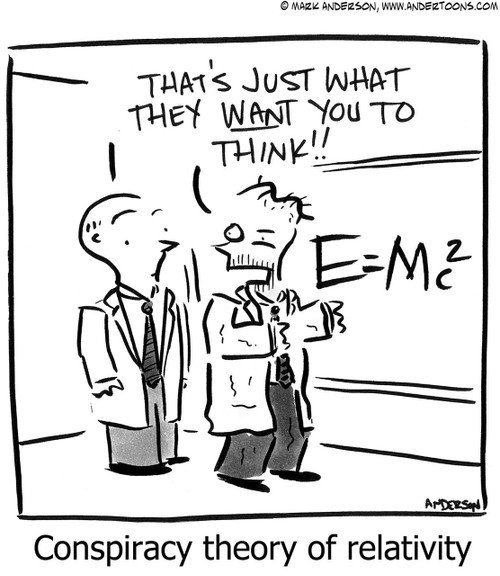


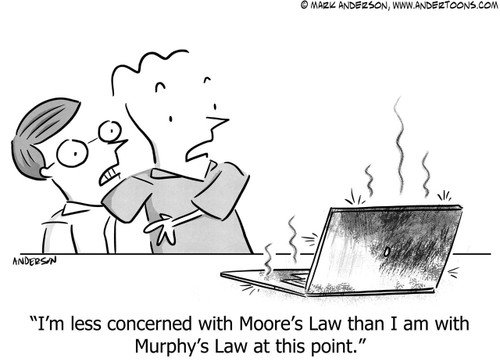
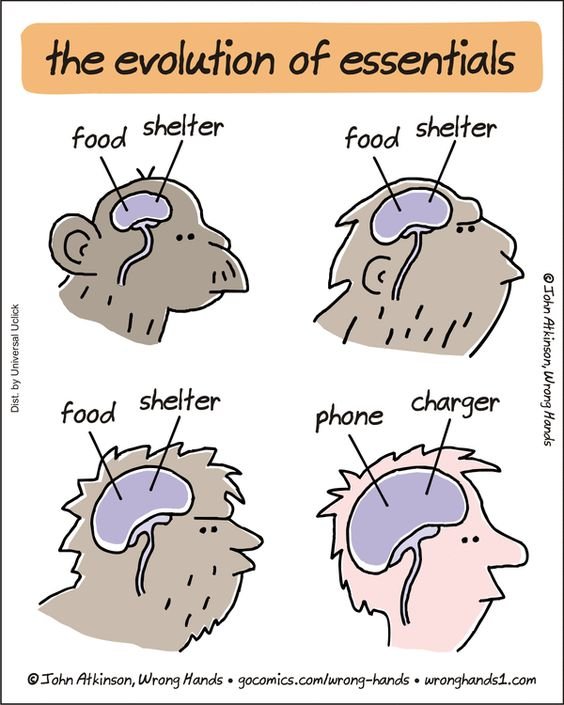
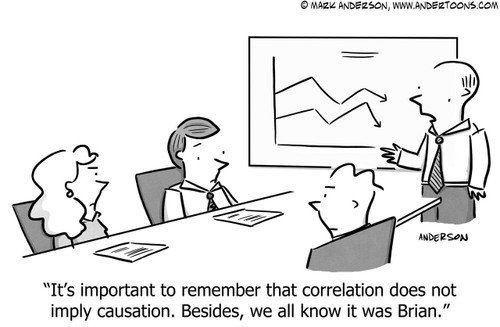

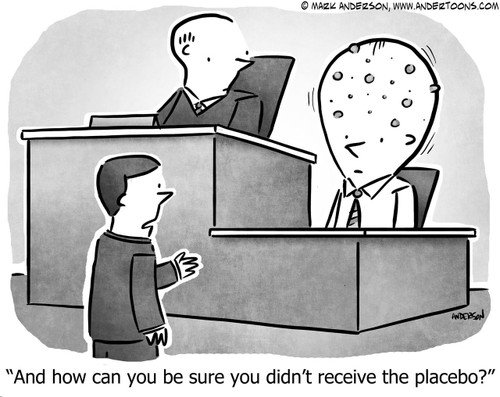

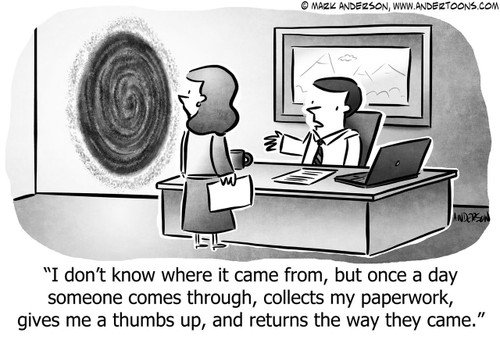





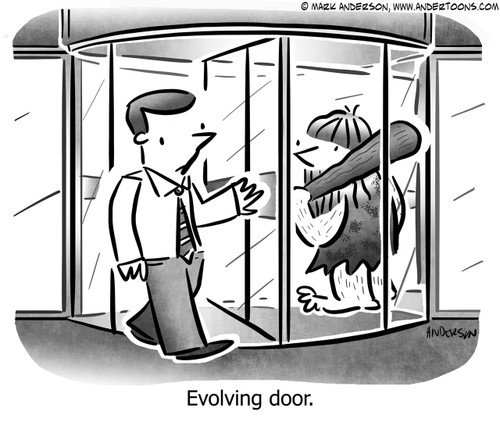

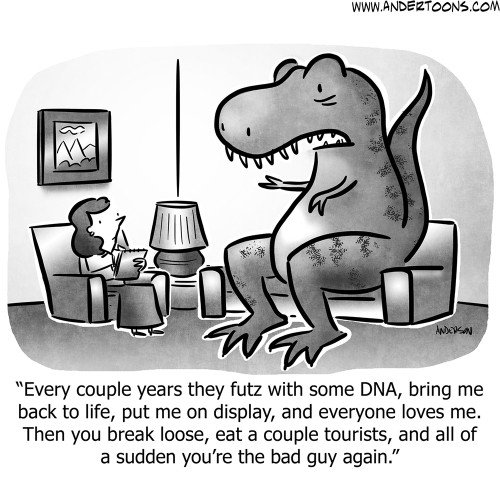

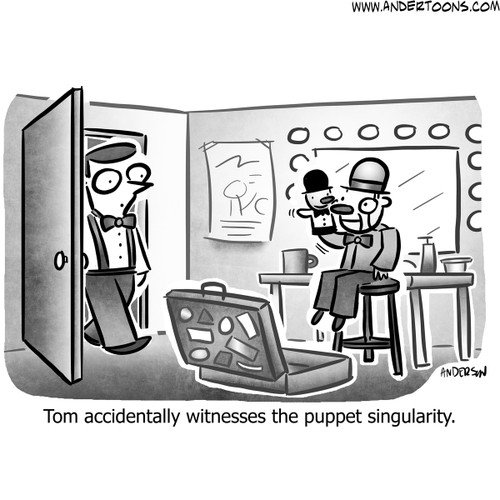
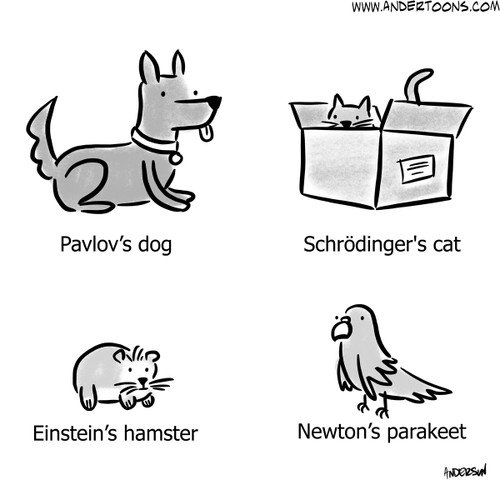
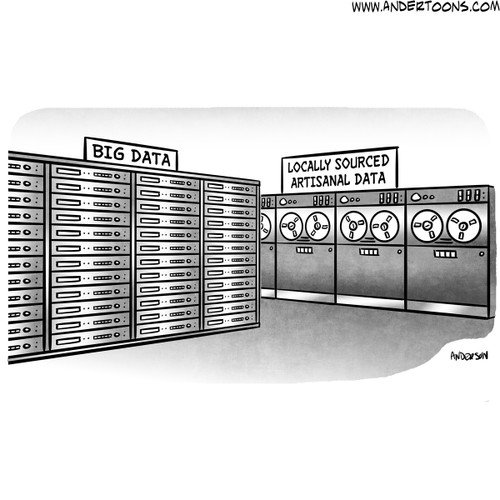
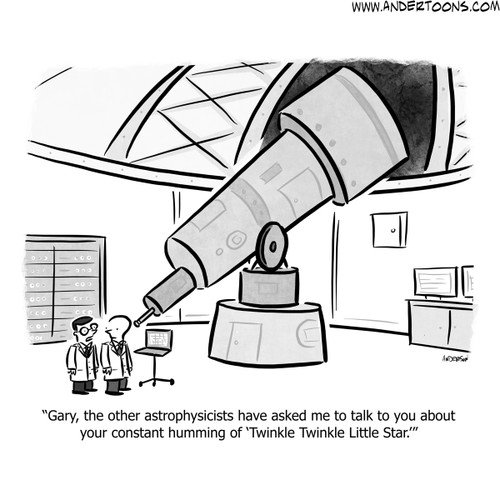
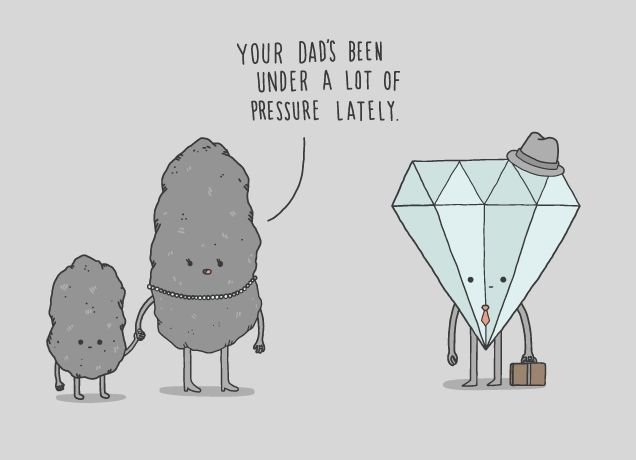
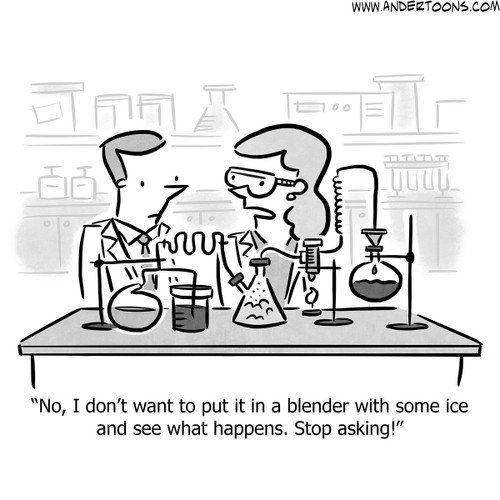

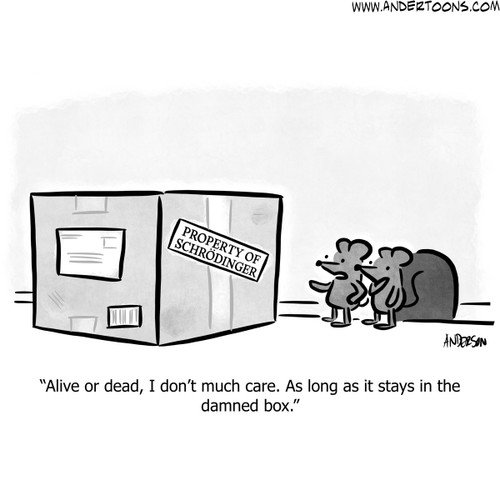


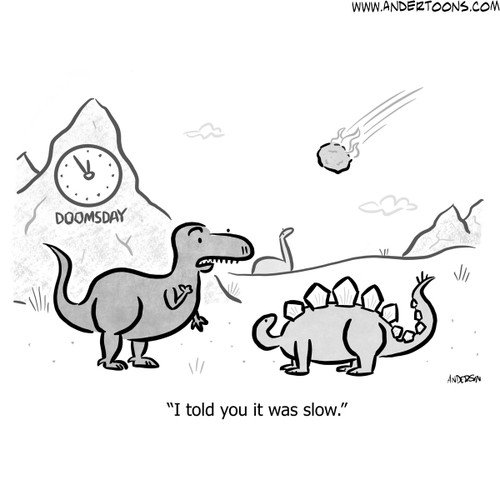


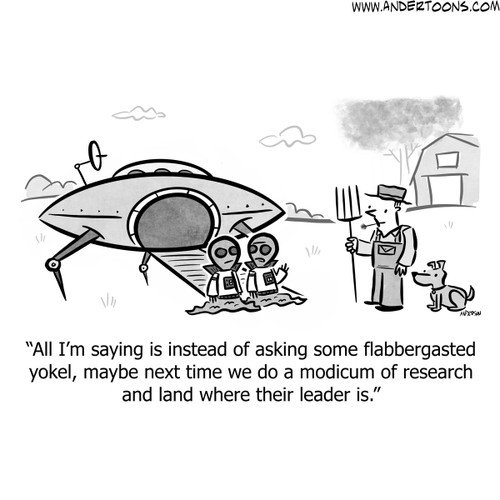


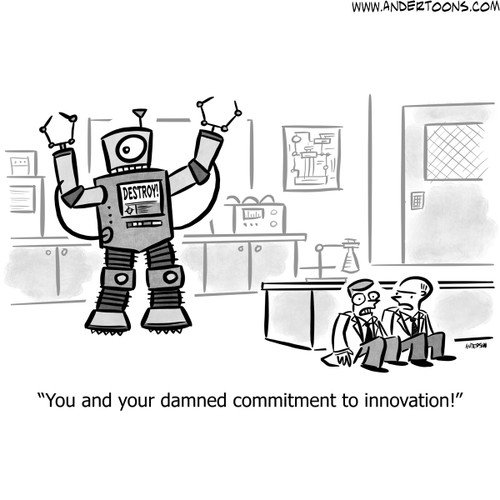

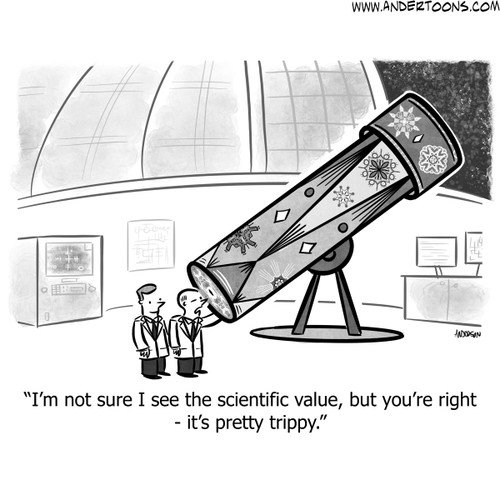



 using WordPress and Kubio.
using WordPress and Kubio.